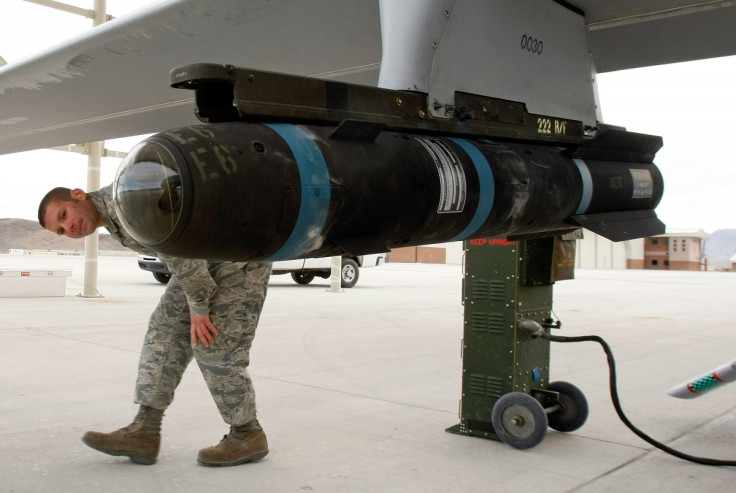Cuba returns wrongly shipped Hellfire missile to US

Cuba has returned an inactive air-to-ground Hellfire missile to the US that went missing in June 2014. The laser-guided AGM 114 Hellfire missile was initially shipped to Spain for a Nato training exercise.
According to reports, the dummy missile, called the Hellfire Captive Air Training Missile, was taken to Germany – after the training exercise – and then sent to Charles de Gaulle Airport in Paris to be delivered to Florida – its final destination.
However, it was instead loaded on to an Air France flight bound for Havana. "We can say, without speaking to specifics, that the inert training missile has been returned with the cooperation of the Cuban government," US State Department's deputy spokesman, Mark Toner, said in a statement.
"The department is restricted under federal law and regulations from commenting on specific defense trade licensing cases and compliance matters, so we cannot provide further details," Toner said. "The reestablishment of diplomatic relations and the re-opening of our embassy in Havana allow us to engage with the Cuban government on issues of mutual interest," he added.
Meanwhile, the Cuban government said, "Once the US government officially informed the Cuban government that a training missile belonging to the company Lockheed Martin was mistakenly sent to our country and expressed its interest in recovering it, Cuba communicated the decision to hand it over and started arrangements for its return."
Hellfire missiles are air-to-ground missiles used from drones and helicopters. The missiles were initially designed as anti-tank weapons, but are currently used in anti-terrorism operations.
US had been trying for more than a year to get the Cuban government to return the missile as it was concerned that the technology inside the missile could be shared with countries such as North Korea, China or Russia, sources told The Wall Street Journal. The Cuban government has not disclosed when the US made its request to retrieve the missile.
© Copyright IBTimes 2025. All rights reserved.





















